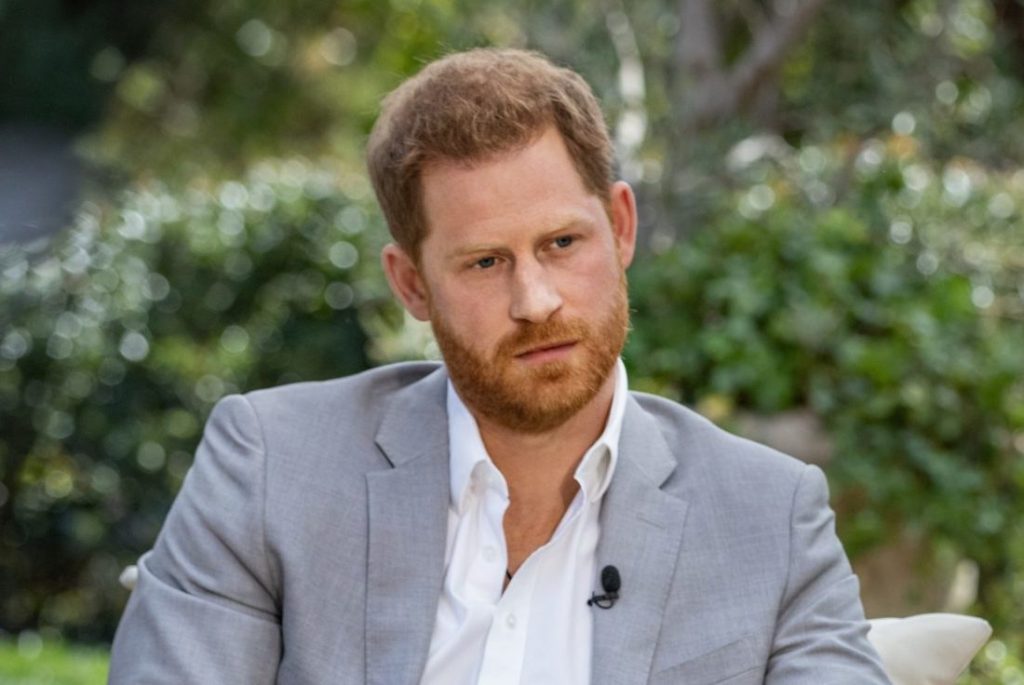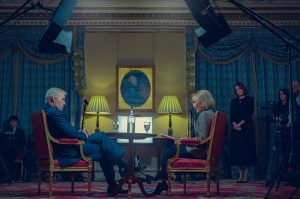President Biden’s stimulus splurge is clearly working wonders, given the newfound desire of American companies to stuff dollars into Prince Harry’s pockets. Following the news yesterday that the exiled royal would be joining billion-dollar tech start up BetterUp, the Duke of Sussex has now bagged himself a second job alongside existing million-dollar content deals with Netflix and Spotify.
The new gig will be at international nonprofit the Aspen Institute, where he will serve on the Orwellian-sounding ‘Commission on Information Disorder’. Prince Harry — or should we call him Commissioner Harry — will join 14 others and three co-chairs to hold a six-month study on how inaccurate information spreads across the country. In a statement Harry said he was moved to take the role to find a ‘solution-oriented approach to this information disorder crisis’ caused by modern media:
‘As I’ve said, the experience of today’s digital world has us inundated with an avalanche of misinformation, affecting our ability as individuals as well as societies to think clearly and truly understand the world we live in. It’s my belief that this is a humanitarian issue and as such, it demands a multi-stakeholder response from advocacy voices, members of the media, academic researchers, and both government and civil society leaders. I’m eager to join this new Aspen commission and look forward to working on a solution-oriented approach to the information disorder crisis.’
The Duke of Sussex is of course well experienced in speaking out about such issues, using his recent interview joint interview with wife Meghan and host Oprah Winfrey to castigate the British press. But Cockburn wonders if he is indeed the right man to find solutions to this ‘avalanche of misinformation?’
Three weeks after the interview a spokesman for the couple yesterday finally confirmed that the couple’s claim that their backyard ‘ceremony’ in which they got married was in fact nothing of the sort, saying: ‘that backyard exchange of personal vows does not constitute marriage’ — something The Spectator pointed out within 24 hours.
Other claims in that interview still suffering from an apparent ‘information disorder’ include Meghan claiming the palace ‘didn’t want’ her son Archie to be a prince (something royal protocol does not grant to a monarch’s great-grandchild), that Archie ‘wasn’t going to receive security’ even if Harry continued as a royal (something palace insiders say would never happen) and Harry himself saying that ‘my family literally cut me off financially’ despite well-sourced reports Prince Charles had given him ‘many hundreds of thousands of pounds’.
Still, maybe speaking your truth means something different to when members of the media do it.
This article was originally published on The Spectator’s UK website.


















